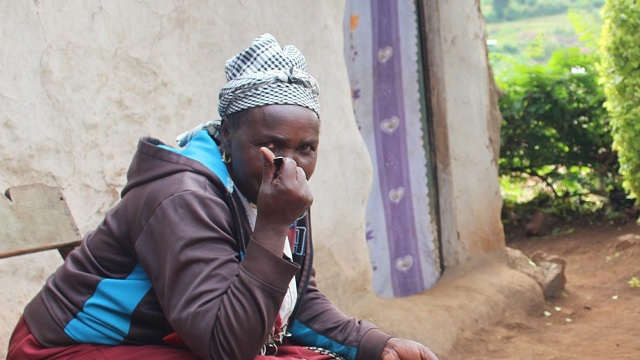
Kween, Uganda | THE INDEPENDENT | Sakit Kokop is a reformed Female Genital Mutilation-FGM surgeon in Kween district. Kokop is currently struggling to make ends meet because of the FGM ban.
Prior to the enactment of the Prohibition of Female Genital Mutilation Act, 2010, Kokop used to earn between 30,000 to 50,000 for each girl she would cut.
“Government should support us with small projects that can generate some income as they had promised in 2010,” she told URN in an interview. Kokop is not alone.
Veronica Chebet is also a reformed surgeon in Benet sub-county. She explains that prior to the enactment of the anti-FGM Act in 2010, she would cut up to 200 women and would earn between 30,000 and 50,000 from each candidate. Chebet, who was in the practice for over 20 years before it was banned, says that she is battling with age and financial constraints.
“Honestly, some people still come to me to have the exercise done secretly but I am unable to do so for fear of prosecution,” she said. “I am appealing to the government to empower us with some projects that can generate some income, as they had promised earlier,” she added.
Scovia Chesha, another reformed surgeon from Ngenge sub county, says that she has eyesight problems and is unable to source any income. “Now is the time that government should be in a position to cherish the fact that we stopped the practice and should support us,” Chesang told URN.
Betty Chebet, the Kween District Community Development Officer told Uganda Radio Network that some of the reformed surgeons they have been interacting with have raised complaints of financial constraints.
According to Chebet, Kween district has over 30 FGM reformed surgeons spread over different sub-counties. “We have advised them to form a group so as to benefit from the Parish Development model program,” she said. The request of the surgeons comes at a time police say, there are suspected cases of Female Genital Mutilation done secretly in villages.
Fredmark Chesang, the Sipi regional spokesperson says the practice is reportedly common during birth.
The Prohibition of Female Genital Mutilation Act, 2010 states that female genital mutilation and cutting (FGM/C) is an offense. It involves the removal of part or all parts of the external female genitalia for non-medical reasons.
*****
URN
 The Independent Uganda: You get the Truth we Pay the Price
The Independent Uganda: You get the Truth we Pay the Price



